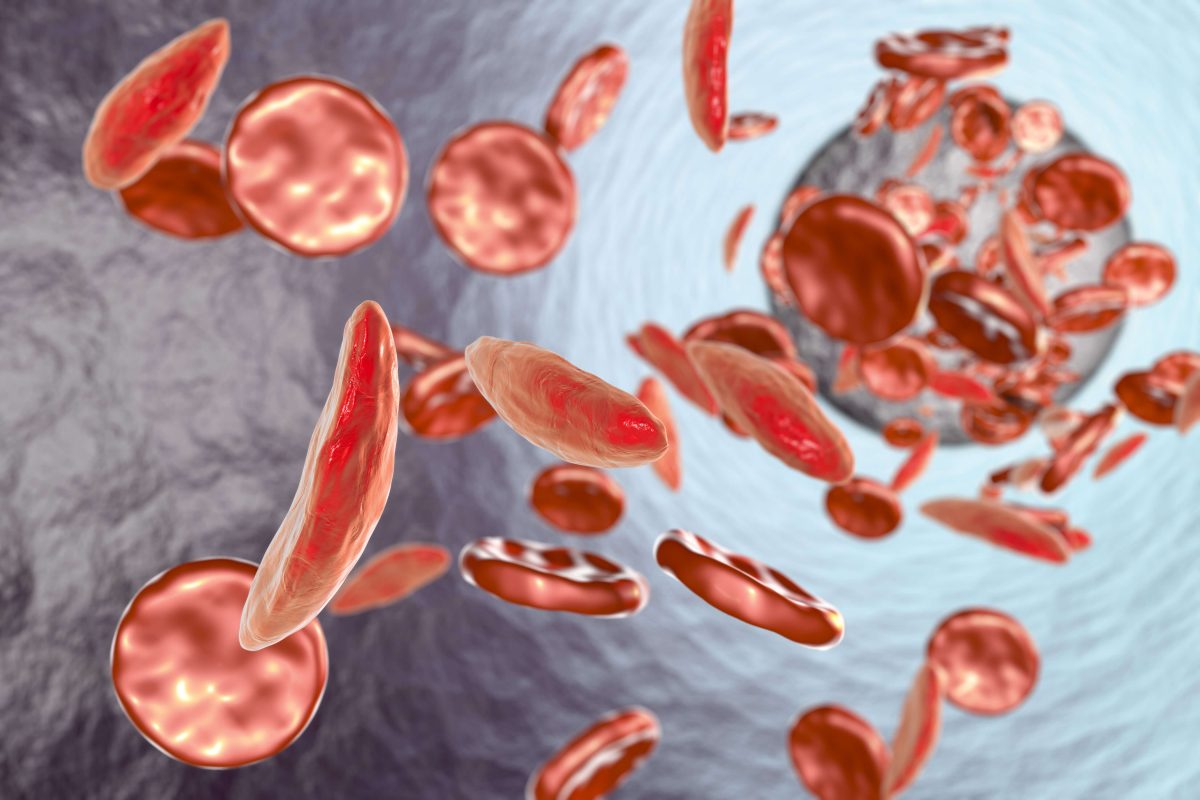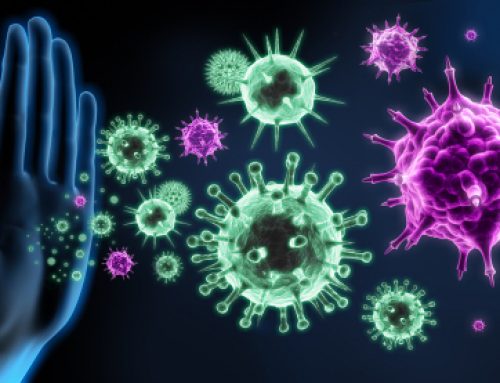Sickle cell anemia is a genetically inherited blood disorder. Phase I/II clinical trial shows that a novel stem cell transplant procedure may provide a cure for adults suffering from sickle cell disease.
Also known as sickle cell anemia, the disease is a genetically inherited blood disorder caused by a defect in hemoglobin, the molecule which carries oxygen in red blood cells. The defect causes red blood cells to become crescent shaped (“sickled”), severely affecting their ability to carry oxygen and circulate throughout the body.
Patients with sickle cell disease suffer decreased quality of life while facing an increased risk of death. Acute and chronic health problems include infections, severe pain attacks (“sickle cell crisis”), organ damage, and stroke. Almost 300,000 children are born with sickle cell disease each year around the world, mostly in sub-Saharan Africa. In North America, the disease affects approximately one in 500 people of African descent.
An older stem cell transplant procedure required a high-dose chemotherapy treatment to prepare the patient prior to the transplantation of stem cells from a healthy donor. The requirement for the chemotherapy pre-treatment prevented most adults from receiving the therapy, as these patients had already been weakened by the disease and the high-dose chemotherapy was considered too risky. The procedure reported here eliminates the need for chemotherapy, replacing it with a gentler regimen of immunosuppressive drugs followed by low-dose full body irradiation.
In the clinical trial, published online in the journal Biology of Blood and Marrow Transplantation, 13 patients between 17 and 40 years of age received transplants of blood-forming stem cells (known as hematopoietic stem cells) from healthy tissue-matched siblings. In all of the patients, the transplanted cells successfully took up residence (“engrafted”) in the bone marrow and started producing healthy red blood cells.
One year after the treatment, 12 patients had normal concentrations of hemoglobin in their blood, improved heart-lung function, less bodily pain, and improved general health. One patient failed to follow the post-transplant drug therapy and reverted to a sickle cell condition. None of the patients experienced graft-versus-host disease, a complication commonly associated with stem cell transplants where cells from the donor attack the recipient’s body.
Of the approximately 450 patients who previously received the stem cell therapy involving chemotherapy pre-treatment, about 90% were children. This chemotherapy-free stem cell procedure offers a new hope of cure for the tens of thousands of adults suffering from sickle cell disease.
Further Information:
Saraf, S.L. et al. Non-myeloablative stem cell transplant with alemtuzumab/low dose irradiation to cure and improve the quality of life of adults with sickle cell disease. Biology of Blood and Marrow Transplantation (2015), doi: 10.1016/j.bbmt.2015.08.036.






